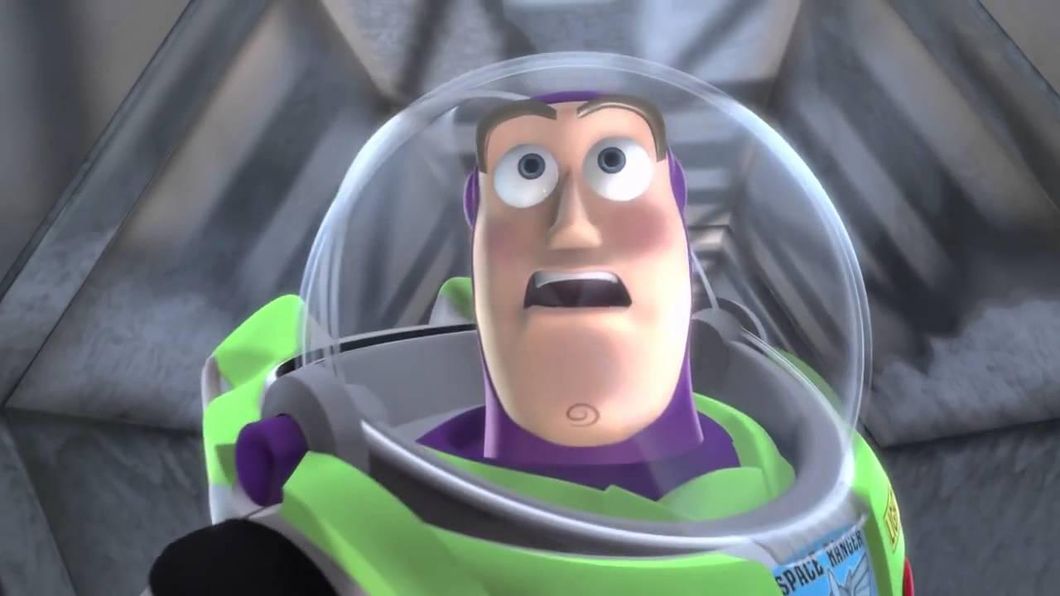For as long as humans have been writing fiction, people have been discussing inconsistencies with the rules and details of the plot. Whenever these inconsistencies are noticed people often call out these moments as plot holes and negatively judge a work of art based on them, but is that fair? Do all plot holes detract from a given narrative's quality or are they relatively inconsequential? To put it another way, do plot holes in movies, games, and books actually matter?
When plot holes pop up in any piece of media, I tend to put the same amount of importance on them that I do with graphics in video games; they're important, just not as important as most people think they are. Many people often point out poor graphics in video games, but as long as the graphical quality isn't overwhelmingly bad shouldn't the quality of the gameplay come first? Great games, such as Minecraft and Undertale, were released with graphics that were far from cutting edge, but many didn't care because they came with unique art styles and compelling narratives. The same can be said about plot holes in narrative fiction.
The plot hole I always hear from people are the eagles in "The Lord of the Rings". They always ask why the fellowship didn't just fly the eagles to Mount Doom and drop the ring in, rather than taking the long and perilous journey on foot. However, dwelling on that plot hole misses what was important in the narrative. The journey needed to happen to unite the armies of men, to allow the characters to change and grow, and to change the world of Middle-Earth for the better. "The Lord of the Rings" is a fantasy and was never about hard logic in its plot structure, it was about emotion, friendship, and uniting against evil. When you look at it that way, the eagles plot hole comes across as quite a superfluous complaint.
Another plot hole that is often brought up is the Buzz Lightyear plot hole in "Toy Story". If Buzz thinks he's real and isn't a toy shouldn't he question why he freezes whenever humans enter the room? While that is an inconsistency in the film's plot logic, it was needed to tell the emotional tale of identity and discovery with Buzz. The scene where Buzz realizes he's a toy is a devastating moment for him. His entire existence and purpose is brought into question and Woody has to help him learn that even though he's a toy his existence can still have meaning. It may have led to a plot hole, but it is insignificant compared to the larger themes and characterization the movie is working with.
That's not to say all plot holes are equal, especially ones that actually ruin a film's theme. For example, "Batman v. Superman: Dawn of Justice" is a film about the conflicting ideologies of superheroes Batman and Superman and putting the petty stuff aside to fight a larger threat. However, the film makes both Batman and Superman brooding, aggressive, jerks (instead of just Batman). This means there is no conflicting ideology to bounce off of and they both come across as massive hypocrites when they criticize each other for the same methods of fighting crime.
Plot holes are found in almost every piece of narrative art. Different people will always ask questions like, "why didn't they do it this way" or "that decision doesn't make sense". Heck, when you look at it, every story that has time travel in its plot has at least one plot hole. There will always be inconsistencies in stories, the trick is either to make them small enough that people don't notice, or you make the characters and themes so good and interesting that they don't care.















